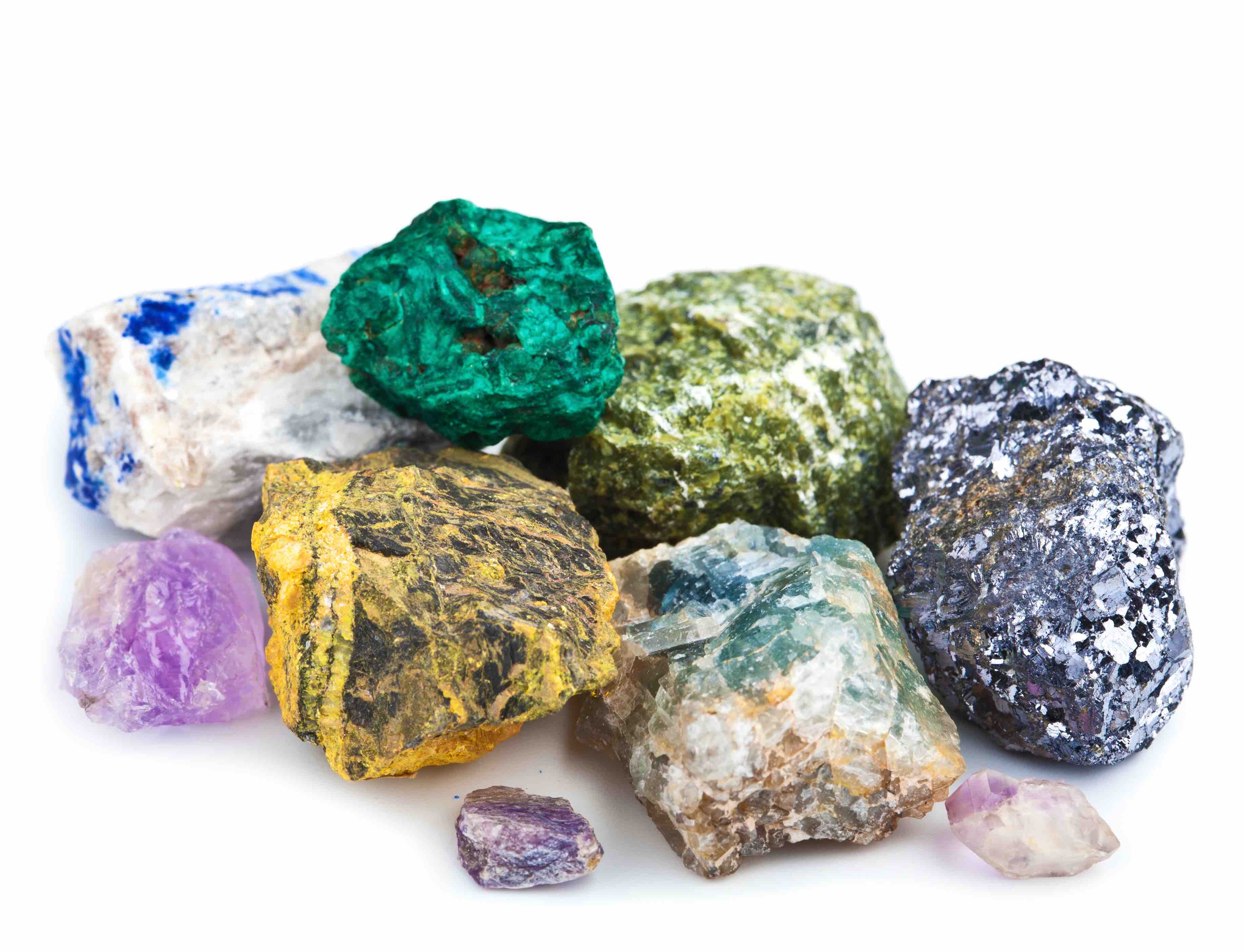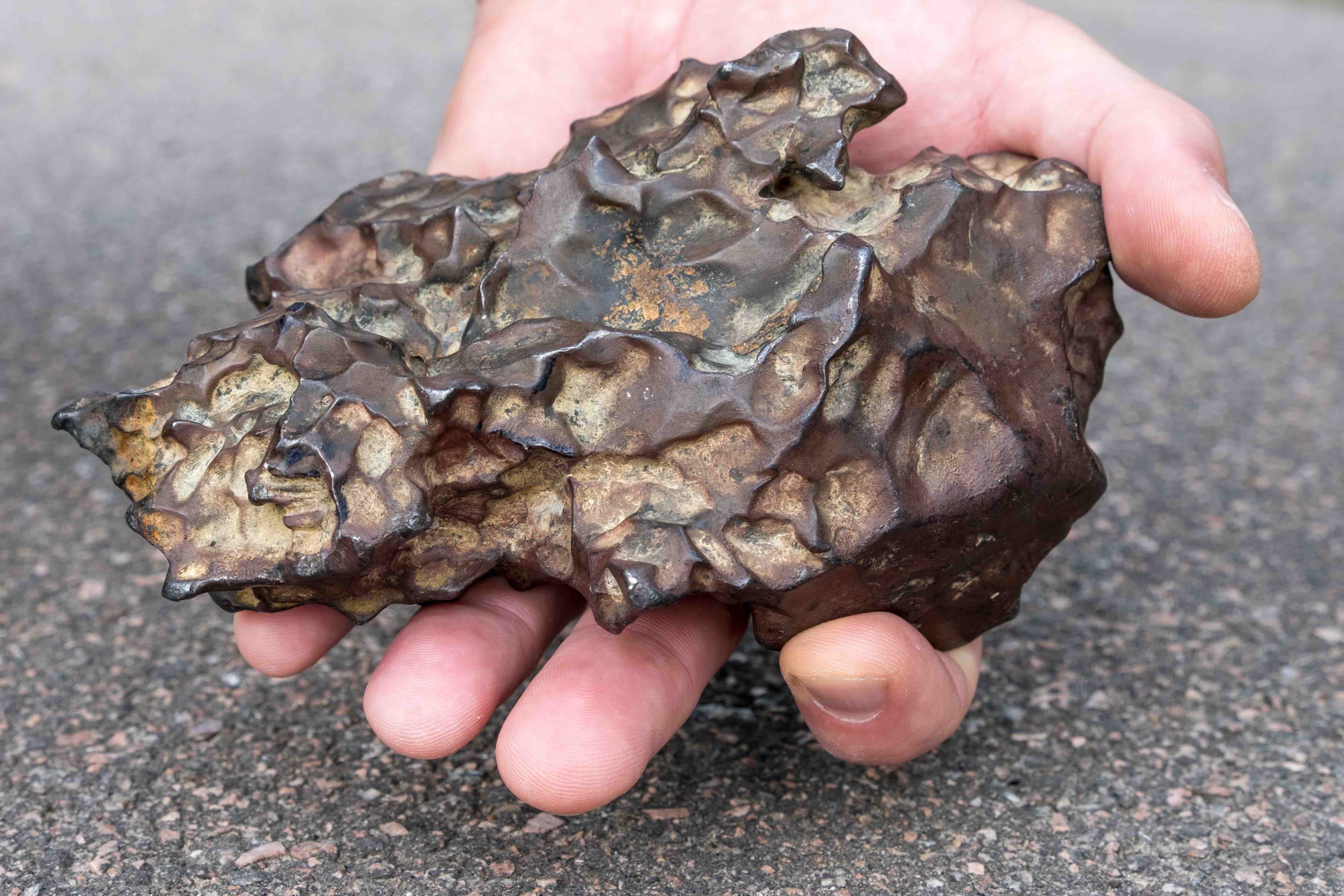
Minerals are remarkable substances that exist in abundance within the Earth’s crust. They come in a variety of colors, shapes, and compositions, each with its own unique properties. From sparking our curiosity to playing essential roles in various industries, minerals have a significant impact on our lives. In this article, we will delve into 18 fun and intriguing facts about minerals that will leave you awestruck.
Minerals are naturally occurring substances
Minerals are formed through natural geological processes, without any human intervention. They can be found in rocks, soil, and even within the Earth’s core.
They have a crystalline structure
Most minerals have a regular atomic arrangement, forming crystals with distinct shapes. These crystals contribute to the characteristic appearance of minerals.
Various colors

Minerals exhibit a wide range of colors due to the presence of different chemical elements. For example, iron imparts a reddish hue to minerals, while copper gives them a greenish tint.
Minerals have different hardness levels
The hardness of a mineral determines its resistance to scratching. The Mohs scale, ranging from 1 (softest) to 10 (hardest), is used to measure mineral hardness. Talc is the softest mineral, while diamond is the hardest.
Economic significance
Minerals play a crucial role in various industries, including construction, technology, and manufacturing. They are used in the production of metals, ceramics, glass, and fertilizers, among other things.
Diamonds are the hardest mineral
Diamonds are not only beautiful gemstones but also the hardest mineral known to man. Their exceptional hardness and brilliance make them highly sought after.
Quartz is one of the most abundant minerals
Quartz is a widely distributed mineral and one of the most common minerals on Earth. It is prized for its beauty and is used in the production of glass and electronics.
Minerals can exhibit fluorescence
Some minerals, when exposed to ultraviolet light, can emit visible light, a phenomenon known as fluorescence. This unique property adds to the allure of certain minerals.
Minerals have healing properties
Certain minerals, such as amethyst and quartz, are believed to possess healing properties. They are used in alternative therapies, including crystal healing and meditation.
Gemstones are valuable minerals
Gemstones are minerals that are prized for their beauty, rarity, and durability. Examples include diamonds, rubies, emeralds, and sapphires.
Used in cosmetics

Minerals such as mica and titanium dioxide are commonly used in cosmetics, providing color, texture, and sun protection. They are found in products like foundation, eyeshadow, and sunscreen.
Minerals are used in electronics
Minerals like copper, gold, and silver are vital components in electronic devices. They conduct electricity and help transmit signals in computers, smartphones, and other gadgets.
Form through volcanic activity
Volcanic eruptions can lead to the formation of new minerals. The intense heat and pressure generated during volcanic processes create conditions favorable for mineral growth.
Minerals have cultural and historical significance
Throughout history, minerals have played important roles in various cultures. They have been used as adornments, currency, and symbols of power and prestige.
Some minerals exhibit magnetic properties
Certain minerals, such as magnetite, possess natural magnetic properties. These minerals are used in compasses and magnetic recording devices.
Minerals can be found in meteorites

Meteorites, which are remnants of asteroids or other celestial bodies that fall to Earth, often contain unique minerals not found on our planet. Studying these minerals provides insights into the formation of the universe.
Minerals are important for our health
Minerals like calcium, iron, and potassium are essential for the proper functioning of our bodies. They are crucial for maintaining strong bones, transporting oxygen, and regulating bodily processes.
Minerals are constantly evolving
The Earth’s dynamic nature ensures the continuous formation and transformation of minerals. Geological processes such as erosion, volcanic activity, and tectonic movements contribute to this ever-changing mineral world.
Final Thoughts
These 18 fun facts about minerals offer a glimpse into the fascinating world beneath our feet. From their diverse colors to their practical applications, minerals are an integral part of our lives. So the next time you hold a gemstone or encounter a mineral in its natural form, take a moment to appreciate its beauty and the wonders of the Earth.
Frequently Asked Questions (FAQs)
How many minerals are there?
There are over 4,000 recognized minerals, with new ones being discovered and identified periodically.
Are all rocks made of minerals?
Not all rocks are made entirely of minerals. Some rocks, like coal and obsidian, are comprised of organic matter or volcanic glass, respectively.
Can minerals be synthetic or man-made?
Yes, some minerals can be synthesized in laboratories through processes that mimic natural geological conditions.
Can minerals be radioactive?
Yes, certain minerals, such as uranium and thorium, are naturally radioactive. They emit radiation as part of their atomic decay process.
Are all minerals solid?
Yes, minerals are generally solid substances with a definite chemical composition and an ordered atomic arrangement.
Was this page helpful?
Our commitment to delivering trustworthy and engaging content is at the heart of what we do. Each fact on our site is contributed by real users like you, bringing a wealth of diverse insights and information. To ensure the highest standards of accuracy and reliability, our dedicated editors meticulously review each submission. This process guarantees that the facts we share are not only fascinating but also credible. Trust in our commitment to quality and authenticity as you explore and learn with us.
